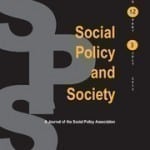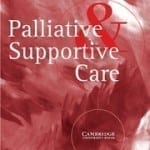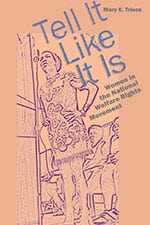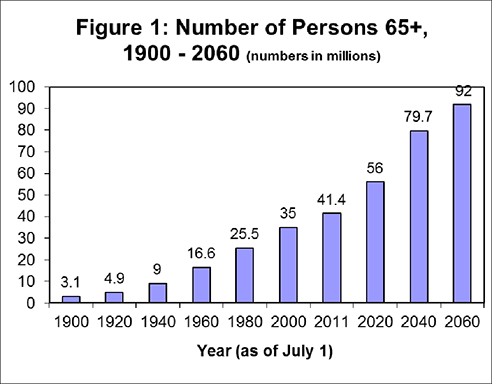Mary E. Triece brings to light a lesser known yet influential social movement of the late 1960s and early 1970s—the welfare rights movement, led and run largely by poor black mothers in the National Welfare Rights Organization (NWRO). Her study combines theory and critical analysis to explore rhetorical strategies and direct actions women employed as they argued for fair welfare legislation in both formal policy debates and in the streets. Triece focuses on how welfare recipients spoke for themselves in forums often marked by widely held stereotypes.
Archive for July 2013
Reducing Hospital Readmission Among Medical Patients With Depressive Symptoms
The journey from opposition to recovery from eating disorders: multidisciplinary model integrating narrative counseling and motivational interviewing in traditional approaches
Tell It Like It Is: Women in the National Welfare Rights Movement
How autism became autism: The radical transformation of a central concept of child development in Britain
What features of images affect parents’ appraisal of safety messages? Examining images from the A Million Messages programme in Canada
Fertility, pregnancy and mothers’ work
Joint effects of emotion and color on memory.
A Profile of Older Americans: 2012
Clinical practitioner’s attitudes towards the use of Routine Outcome Monitoring within Child and Adolescent Mental Health Services: A qualitative study of two Child and Adolescent Mental Health Services
Patterns of Older Americans’ Health Care Utilization Over Time
Homeless women’s interpretations of women-specific social work among the homeless people
Postsecondary Educational Engagement Among Formerly-Incarcerated Transition-Age Young Men
The Challenge of Leadership in Front Line Clinical Teams Struggling to Meet Current Policy Demands
North African Muslim Immigrant Families in Canada Giving Meaning to and Coping With the War on Terror
Child Maltreatment 2011: Summary of Key Findings
An analysis of actions to promote health in underprivileged urban areas: a case in Brazil
Implementing patient-reported outcome measures in palliative care clinical practice: A systematic review of facilitators and barriers

Thumbnail
Support for Resilience Theory with Female Adolescents Who Are Violent: A MIMIC Model
Mapping anhedonia onto reinforcement learning: A behavioural meta-analysis
Psychosocial and Developmental Characteristics of Female Adolescents Who Have Committed Sexual Offenses
Guidance: National Framework for NHS Continuing Healthcare and NHS Funded Nursing Care
How Is Testing Supposed to Improve Schooling?
Using the MMPI-A in identifying trauma symptoms among juvenile offenders
Addressing childhood trauma in a developmental context
Autism spectrum disorders—Global challenges and local opportunities
Can the Error-Monitoring System Differentiate ADHD From ADHD With Reading Disability? Reading and Executive Dysfunction as Reflected in Error Monitoring
Targeting orphaned and vulnerable adolescents with services: Experience with adopting a multisectoral approach in Nigeria
Details acquired from medical history and patients’ experience of empathy – two sides of the same coin
A critical analysis of workforce development research use in the transformation of children’s services
Electoral discourse and formative structural narratives of welfare divergence in multi-level systems: homelessness policy in UK elections 1970–2011
The distribution of cigarette prices under different tax structures: findings from the International Tobacco Control Policy Evaluation (ITC) Project
Dementia 2013: The hidden voice of loneliness
An Evaluation of Mandatory Polygraph Testing for Sexual Offenders in the United Kingdom
Bodies that sweat: the affective responses of young women in Wollongong, New South Wales, Australia
Unemployable Workers? Comparing the Context and Contract in Voluntary Work and Regular Jobs

Thumbnail
Does cognitive ability influence responses to the Warwick-Edinburgh Mental Well-Being Scale?
Reciprocity in Relationships and Support Between Grandparents and Grandchildren: An Icelandic Example
A conditional model for estimating the increase in suicides associated with the 2008-2010 economic recession in England
Total palliative care for a patient with multiple cerebral infarctions that occurred repeatedly in association with gastric cancer (Trousseau’s syndrome)

Thumbnail


